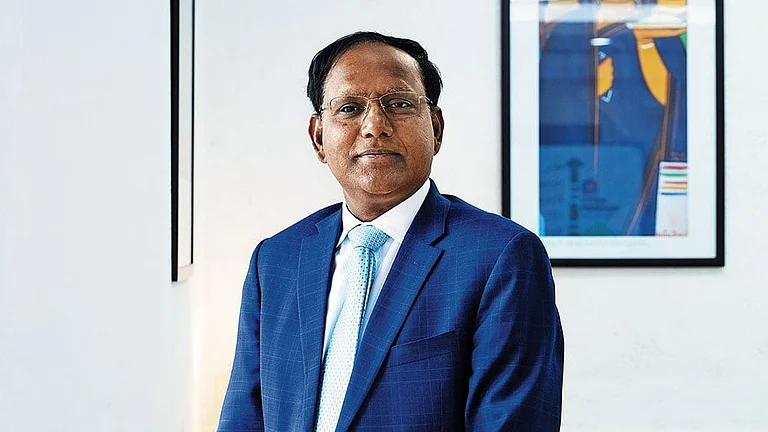With increasing immunization coverage and a growing positive outlook beyond Covid-19, the ‘Protection Quotient’ of urban India has moved 3 points to 50, witnessing a gradual rise from previous Indian Protection Quotient (IPQ) editions, finds the study published today based on Max Life’s India Protection Quotient survey. The trend line reflects a steady growth in the country’s overall financial protection that has led to prioritizing financial security over all aspects. Conducted entirely online, the India Protection Quotient 4.0 surveyed 5,729 respondents across 25 Indian cities between 10 December 2021 to 14 January 2022.
Financial Awareness On The Rise
The survey indicates a marginal increase in urban India’s knowledge index from 68 to 69, while the security index increased by 5 points to 56 per cent. Metros, Tier 1 and Tier 2 cities also witnessed an increase in the protection index, while Tier 2 saw a significant rise in life insurance awareness from 61 to 68, indicating a strong potential in Tier 2 markets for life insurance adoption.
Term insurance witnessed an uptake in the last two years, with ownership rising to a significant 43 per cent from 39 per cent last year. The survey also reflects an increased ownership of other life-insurance products amongst urban Indians such as savings and market-linked plans.
“The last two years have been indeed challenging due to the pandemic, but we also witnessed an upside with India developing financial resilience. This is evident from the insights in IPQ 4.0 that show a strong sense of financial security amongst urban Indians,” says Prashant Tripathy, Managing Director and CEO, Max Life Insurance.
Trends Of Financial Preparedness of Urban Indians
1. More Diversified Investment: While the survey noted no change in the life insurance ownership from IPQ 3.0 Express, the respondents built a holistic portfolio by investing more in life insurance products including term (43 per cent), market-linked (19 per cent) and savings plans (39 per cent).
2. Protection Index Highest In South Zone: IPQ 4.0 noted an increase in protection quotient for South zone from 49 to 51 followed by North (50), East (49) and West (49) zones respectively. Metros saw a significant rise in security levels from 48 per cent (IPQ 3.0 Express) to 56 per cent in this survey, while Tier 2 cities gained 7 points in awareness of life insurance products and reached 68. With increasing awareness about life insurance, the metros and Tier 1 and Tier 2 cities are gradually rising at par.
3. Covid Induced Anxiety Is A Key Factor: As per the survey, most of the covid-related anxieties such as untimely death of the breadwinner and potential Covid-19 exposure reduced to 59 per cent and 51 per cent. However, personal well-being (62 per cent) emerged as a key concern for urban India with the pandemic straining mental and physical health
4. Savings And Investments Continue To Grow: Urban India is inching back to normalcy with refocus on children’s education and retirement. A visible increase from IPQ 3.0 Express, 48 per cent and 39 per cent respondents are re-prioritizing their savings for children’s education and retirement planning. The focus has moved significantly from medical emergencies where 43 per cent urban Indians, in comparison to 48 per cent (IPQ 3.0 Express) are saving for unforeseen medical expenses. With sporadic lockdowns/restrictions continuing in the country, savings and investments further increased from 53 per cent (IPQ 3.0 Express) to 56 per cent in IPQ 4.0, with basic and luxury expenses reducing to 29 per cent and 15 per cent.
5. Safety Is The ‘Most Valued Currency’ : Safeguarding their future against market uncertainties, IPQ 4.0 saw 88 per cent respondents preferring investments in fixed deposits and guaranteed income life insurance plans. 11 per cent have preferred to invest only in market-linked products such as mutual funds, shares, stocks and ULIP.
























.png?w=200&auto=format%2Ccompress&fit=max)






